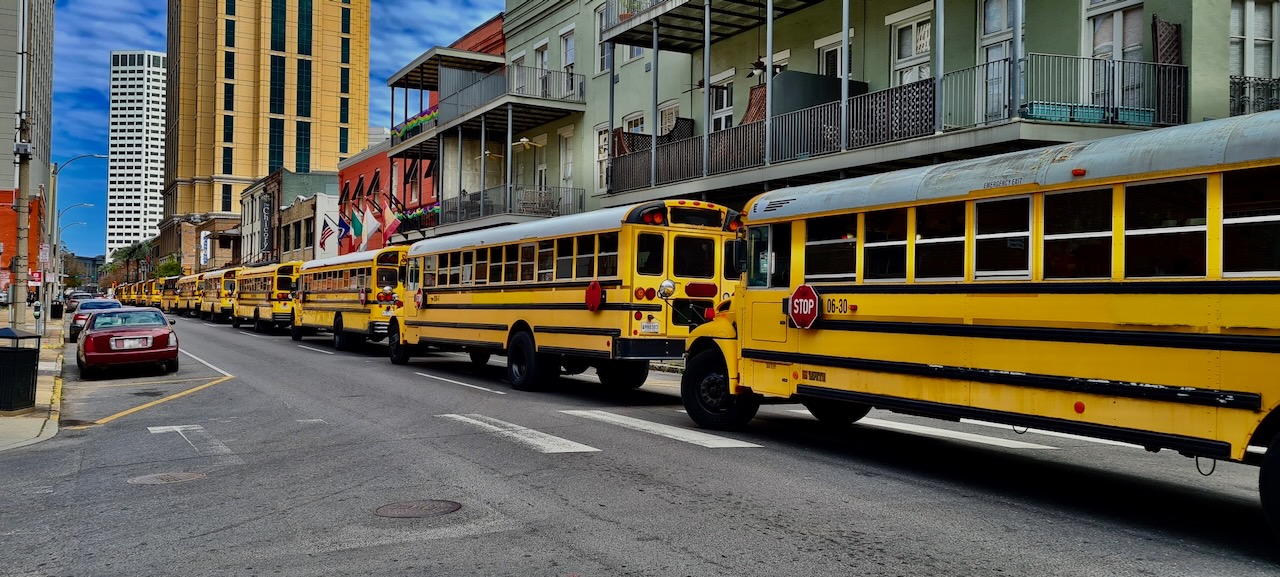
Despite not having been able to see much of the city, it was incredible to be in Prague for the 20th annual GLOBSEC Forum last week. As a performance scholar, it was a fascinating event—full of technological spectacle in the form of enormous digital scenography, sharply executed stage management and event coordination, and social performances of personal security, political speeches, and hushed diplomacy in the “bilateral corridor.” All washed down with some excellent Czech beer, of course.
More importantly, GLOBSEC 2025 included reflections on and from the arts for the very first time, with the panel Cultural Frontlines: An Artist’s Toolkit. As Sally Painter (Co-Founder and Chief Operating Officer at Blue Star Strategies) put it in her opening remarks for the panel, the “GLOBSEC Forum has brought together key opinion leaders to discuss the most urgent challenges in Europe and around the world” to engage in “high-level discussion” and policy development for twenty years. However, she added, if we are genuinely to seek global security solutions, then the conversation:
“Requires genuine engagement with communities themselves, these are the true protagonists in decision making about resilience, healing and rebuilding after conflict and disaster.”
In that context, then, it really matters that such a significant summit as GLOBSEC would programme the arts as offering new strategic perspectives for the conference:
“This is not just a symbolic gesture, it is a vital recognition that the voices of artists and the communities they represent are essential for meaningful restoration and rehabilitation. Art not only reflects on shared experiences but also empowers to envision new possibilities and take collective action.”
Our panel sought to bring that recognition to life. Jan Gilbert spoke about her decades of work creating deeply collaborative, place-based art in post-disaster New Orleans—acts of memorialization, and mechanisms for community healing. Yuliia Manukian brought insight from wartime Ukraine, where her curatorial practice creates ephemeral yet powerful public art interventions that reclaim urban space and reassert cultural identity amidst ongoing violence. Kathy Randels shared the grounded, emotionally resonant work of ArtSpot Productions in New Orleans and beyond, showing how ensemble performance processes with incarcerated and displaced people generate spaces of trust, dignity, and political voice. And I reflected on the ways performance might act as strategic tool in reimagining the future, how arts organisations should be considered critical strategic security partners, and how artists need paid for the expertise they bring to critical problem solving.
In all these ways, the arts were not simply being represented—they were being recognised as a critical part of the future of global security and resilience. That GLOBSEC is beginning to engage with this reality is no small thing. It signals a welcome shift in how we think about security, power, and the ways we collectively imagine, perform, and build more resilient futures.
A video recording of the panel can be found at: https://www.youtube.com/watch?v=9gdFEHN1GkQ


